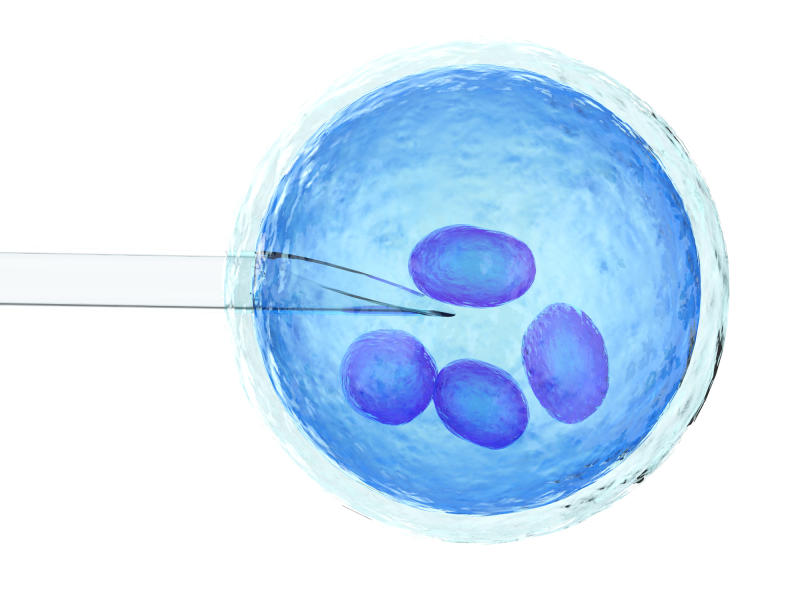×
The Standard e-Paper
Smart Minds Choose Us

3d rendering ovum with needle for artificial insemination or in vitro fertilization. [Courtesy]
Dairy farmers in Kakamega County have been forced to source for ‘quality semen’ from neighbouring counties at almost triple the buying price due to a biting shortage.